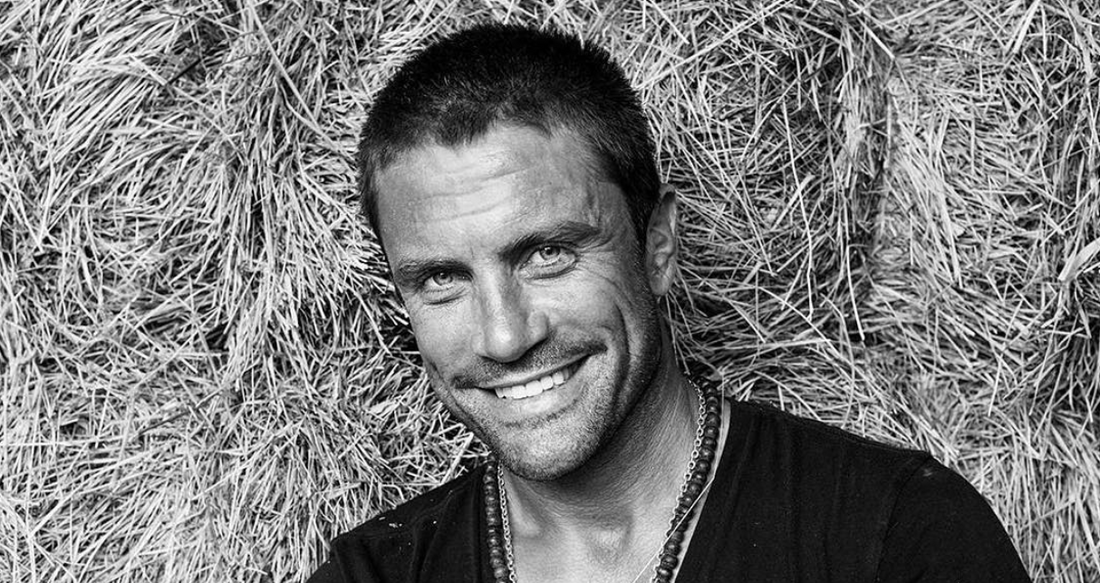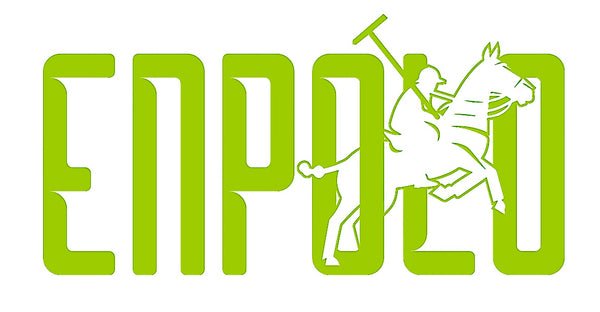
Jota Chavanne — A Life Dedicated to Polo
Jota Chavanne is an Argentine professional polo player whose career has taken him from the fields of his grandparents’ farm to some of the world’s most prestigious tournaments. Growing up surrounded by horses and inspired by a family deeply involved in polo, Jota has competed internationally at the highest level, winning titles such as the 2008 Jockey Club Open with La Dolfina and the 2017 US Open with Orchard Hill. Known for his skill both on the field and in horse breeding and training, he embodies the spirit of polo as a way of life.

ENPOLO: How did you start in the world of polo?
Jota: Since I was little we had my maternal grandparents’ countryside, so I’ve been riding horses for as long as I can remember. My father played polo as an amateur and we played on the farm when I was small. Later the farm was sold and I played soccer for a time, haha. Then, luckily, we were able to have horses again and I resumed polo at around 15 years old, and at 16 I went as a groom with my brother Santiago to Palm Beach where I met Lolo Castagnola and Adolfito Cambiaso and they invited me to go to Cañuelas. I finished school and the next day I went to Cañuelas with a bag and five pairs of boots, haha.
ENPOLO: At what moment did you know polo would be an essential part of your life?
Jota: I think I always knew it, haha. When I finished 5th year of school, the school gave you a letter you had written at your First Communion. When I opened it 15 years later, among other things it said “I want to be a great polo player,” hahahahahaha. I don’t know if a great polo player but at least I’ve been living off this for 25 years—it’s what I like most in the world and makes me very happy to work doing what I love most, which is horses and polo.
ENPOLO: What does polo mean to you, beyond the sport
Jota: Polo for me, although it may sound cliché, is a way of life… I still enjoy playing above all, and the horses—from birth to retirement—I like everything: breeding, breaking, training.
ENPOLO: Is your family also involved in the world of polo?
Jota: And my family is involved: dad and mom like to follow all the polo that’s out there, Santi my older brother played many “abiertos” (opens) and won everything everywhere. Maria played very well and today teaches children to play. Tole, the next brother up, dedicates himself to horse breaking and training and is very good at it. Then the nephews are amazing—Lorenzo, Pedro, Dante, and Morita—they all play incredibly. My oldest brother played at one time but now he’s more into bikes than horses, hahaha. I also have more nephews who play rugby and other things.
ENPOLO: What do you most enjoy about the lifestyle surrounding polo?
Jota: And what I like most is being in contact every day with what I love, which are horses and life outdoors, and preparing myself to compete. I like being part of a team and having challenges of playing against more organized teams and better players, and beating them.
 Picture @Guadalupe Aizaga
Picture @Guadalupe Aizaga
ENPOLO: Do you have any rituals before each match?
Jota: No, no ritual.
ENPOLO: What has been your most memorable experience or tournament so far?
Jota: Winning the Jockey Club Open with Adolfito, Lolo, and Pelon playing for La Dolfina in 2008, and the US Open in 2017 that I played with Polito and Facu Pieres with Steve Van Andel for Orchard Hill.
ENPOLO: Which horse has been the most special for you, and why?
Jota: Mmmm… I guess “El Muñeco,” an embryo of Dolly, a mare of Tommy Garcia del Rio with the Open Padrino. Charlie Hanbury gifted me the breeding of 5 embryos and the service of the Open Padrino in 2014 as a bonus for having reached the Silver Cup final at the Sotogrande high. I raised it, broke it, trained it for polo and brought it to France—it played two seasons and Jeta Castagnola bought it and took it to the US. Seeing that horse, bred, broken, and trained by me was a huge satisfaction.
ENPOLO: What challenges do professional polo players face today?
Jota: I guess we face challenges like any job: to give the numbers is not always easy if you are not a star. Mounting better and being chosen to play is not always easy, especially if you don’t have breeding behind you and such things. But I think we are very fortunate to be able to work doing what we like, which not everyone can say.
 Picture @Justine Jacquemot
Picture @Justine Jacquemot
ENPOLO: What values do you think polo teaches to those who practice it?
Jota: I think there are many values one can learn… hard work and sacrifice, responsibility. Today with so many young good kids, it’s in fashion to train, eat well, do things responsibly… things that before in adolescence, it was more fashionable to go out and do other things.
ENPOLO: How do you handle the pressure during high-level tournaments?
Jota: Honestly, I always dreamed of playing. So when I had the chance to play important tournaments, I always enjoyed them immensely.
ENPOLO: Do you have idols or role models in the world of polo?
Jota: Gonzalo Heguy since very little, and then Cambiaso—polo-wise he’s something incredible and admirable. But I think if I have to choose one complete one in personality and play, I pick Polito Pieres—by the way he is and his energy, a complete boss with all the letters.
ENPOLO: What goals have you set for the coming years?
Jota: Goals in the near term: I would love to win the France Open with La Esperanza, the team with Tito Ruiz, Rami Zavaleta, and Jean Edouard Mazzery. And in the longer term, I’d love to have another opportunity in high-goals in the USA and I’d love to play high-goal in the UK, which I’ve never played.
ENPOLO: How do you see the future of polo at a global level?
Jota: I see it well—I feel that little by little it begins to be seen more, and there is more professionalism and better horses which helps make the sport more entertaining to watch even if you don’t understand much.
 ENPOLO: What advice would you give to a young person who dreams of being a professional polo player?
ENPOLO: What advice would you give to a young person who dreams of being a professional polo player?
Jota: I would tell him to play with his heart, to lean on mental help from young on—which helps with the frustrations that there always are in all sports—and not to give up, and not to skimp on organizing horses if he has the possibility. The good horses will give back everything and make the sport much more fun. And finally, to take care of his people, his working team—they are a huge part of all this.
Thank you so much Jota!
Cover picture @Irina Kazaridi
